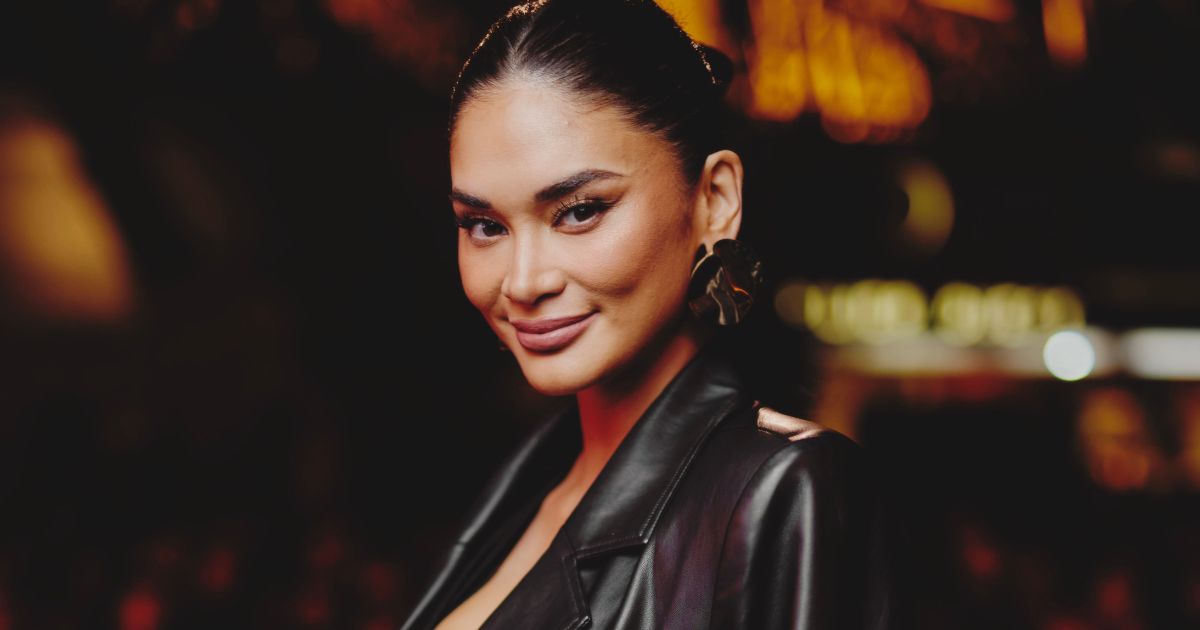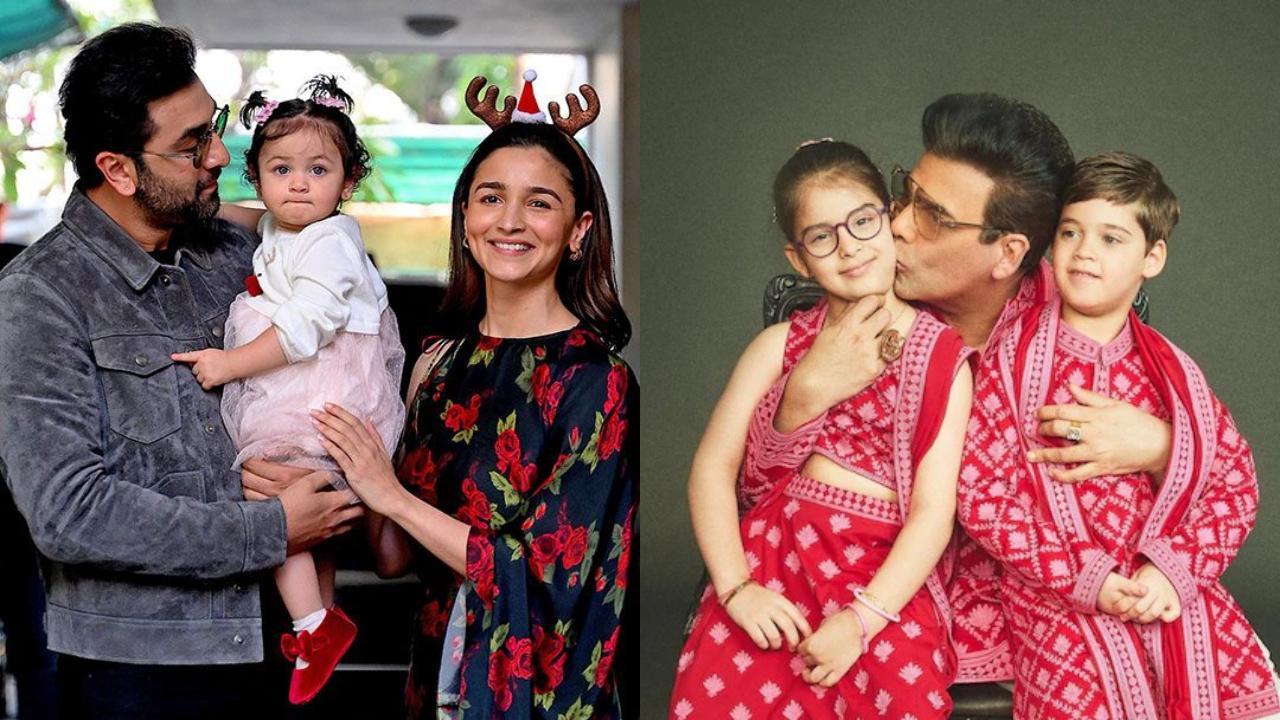the new film starring Blake Lively and Justin Baldoni, and based on the Colleen Hoover book of the same name, has been courting controversy in more ways than one. to , has been dominating headlines and social media feeds. But behind the glossy floral façade of the film's promotional circuit lies a serious and important question: does this film romanticize and is it irresponsible? Hoover's book is based on the relationship between her parents, and explores themes of domestic violence.
The film follows 23-year-old florist, Lily Bloom, who meets 30-year-old Ryle Kincaid, who quickly becomes abusive. Lily eventually gathers the courage to leave for the sake of her daughter and ends up with her childhood sweetheart, Atlas Corrigan. "It's exciting and empowering to see abuse portrayed on a movie screen with such sensitivity and depth," said Leslie Morgan Steiner in an email to .

Steiner is the author of , which is "a memoir of love and violence." Professor Jacquelyn Campbell of Johns Hopkins School of Nursing, meanwhile, called the film "constructive." "It does not minimize the severity of the issue," Campbell, who is a leader in research and advocacy in the field of domestic and intimate partner violence, said in a phone call to .
Steiner told that, "Like Ryle Kincaid, many abusers are handsome, intelligent, charming men. Campbell agreed about the portrayal of Ryle, "The fact that he had experienced a great deal of trauma in childhood, which is very common for abusers, was well portrayed and realistic." "Lily's character was very well drawn in terms of the intergenerational experiences of witnessing domestic violence, which is also true of many victims," Campbell explained.
Steiner told that, "Like Lily Bloom, many victims and intelligent, kind-hearted women who truly love and sympathize with the men who abuse us." "What's great about is that Colleen Hoover's book and Justin Baldoni's movie get people talking openly about the issue of abuse. Everyone should see this film," Steiner said.
"It's generated a lot of commentaries out there," Campbell said, "Clearly it has gotten people talking." Campbell highlighted the role of the best friend, played by Jenny Slate, as providing a good example of a support system for someone who is suffering from domestic violence. "She was there for her no matter what," she said.
The fact that the film was directed by Justin Baldoni, a man, instead of a woman has been one factor courting criticism online, with some social-media users suggesting it should have been filmed from a female gaze. Campbell told that, "I did not have a sense that it was from a male point of view." She added that, "We need both male and female perspectives on intimate partner violence and people of other identities.
" The film, however, is not without its weaknesses. Campbell noted that the characters are all white, and all privileged, without any financial problems, which she described as "very untypical," for victims of domestic violence. She also noted that, "Everybody was unrealistically beautiful," but added, "That's Hollywood.
" Steiner told that, "Despite the emotional accuracy with which portrays abusive love, the film romanticizes abuse in many ways." She noted that abuse comes to a quick resolution. She described Ryle as a "lite" abuser, explaining that he is a "rare abusive partner who immediately realizes his behavior is his responsibility, that abuse is dangerous and immoral, that the relationship must end to protect the victim.
" She added that, "No one pays any serious consequence for Ryle's abuse of Lily." "I have never known an abuser to voluntarily relinquish custody of a child, as Ryle Kincaid does," Steiner noted. "The typical abuser threatens to kill his victim if she ends the relationship and "takes" his children.
Many make good on that threat." "We like to think, 'the first time you lay a finger on me, I'm out'," Campbell said, but the reality is "more complicated." "You love this person, and you want to think they can change.
" "Abuse runs a spectrum," Steiner said, "Some abusers realize what they are doing is wrong and seek help; others terrorize and even kill their victims without feeling a shred of guilt." Steiner explained that, "Abusers and victims both usually endure years or even decades of denial that the abuse is occurring" Steiner said. "The reality of abuse is far more grim than the portrayal in ," Steiner explained, adding that, "There is nothing romantic about abuse.
".



















